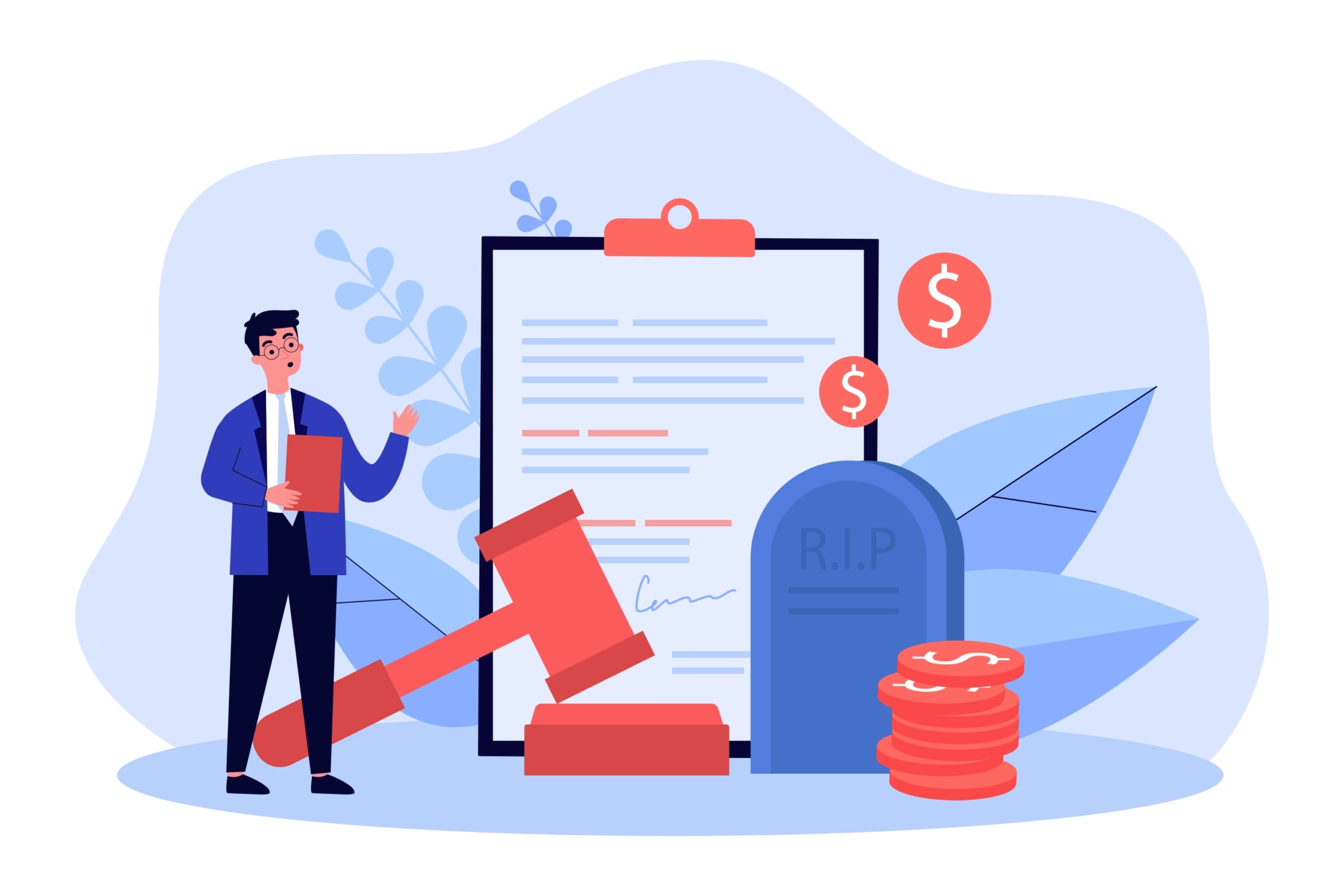He called her ‘Babykins’. Her nickname for him was ‘Big Willy’. These are the nicknames the Duke and Duchess of Cambridge had for each other in their early years of dating. How do we know this? Because the former tabloid, News of the World, hacked into Miss Middleton’s (as she then was) voicemail.
The phone-hacking scandal, which resulted in a major public inquiry (the Leveson Inquiry) has been a blight on the British press since the late 1990s and continues today. In early May, the Mirror Group were ordered to pay model Danielle Lloyd, actress Jennifer Ellison, and former footballers Dwight Yorke and Andrew Cole, undisclosed damages and apologise over phone hacking and the misuse of their private information.
Private information; the term seems almost farcical today, given that most of us have freely, although unwittingly, provided corporate companies such as Google, Facebook and Amazon access to intimate details of not only our lives but the lives of our family and friends. The Cambridge Analytica scandal jolted many of us out of our inertia and made us think about how organisations who provide ‘free’ services get payment from users by collecting data, which is used to target advertisements. But despite this, some boundaries remain when it comes to privacy in our society, as the phone hacking scandal confirms. The European Convention on Human Rights (ECHR) confirms the right to private life and the incoming General Data Protection Regulations (GDPR) has been specifically designed to strengthen peoples’ rights over their personal data.
Those who have had their private material disclosed without their consent may be able to sue for damages under the common law tort of misuse of private information.
The Tort of Misuse of Private Information
The scope of the tort of misuse of private information is wide. It can be used to take legal action against the media if they have published information gained by illicit means (for example hacking into a private voicemail, emails or social media accounts). It can also be used where private information has been put online or simply passed from one person to another.
When establishing whether private information has been misused, the court will employ a two-stage test. Firstly, it will ask itself whether the claimant had a reasonable expectation the information disclosed would be kept private. If the answer to this question is yes, the court must then perform a balancing exercise between the claimant’s rights under Article 8 and the defendant’s right of freedom of expression, contained in Article 10 of the ECHR.
What Constitutes a ‘Reasonable Expectation of Privacy’?
One of the key tests in a misuse of private information matter is whether the claimant had a reasonable expectation of privacy. Most people would consider they had a reasonable expectation not to have the content of their voicemails published in the media. But what about a celebrity who, in selling a clean, wholesome image to the public denies ever taking drugs, but is then discovered to be attending Narcotic’s Anonymous meetings? These were the factual circumstances of Campbell v Mirror Group Newspapers Ltd. Supermodel, Naomi Campbell sued the Mirror Group after it published stories about Ms Campbell relating to her attendance at Narcotics Anonymous (NA) meetings. The star claimed damages for breach of confidence and compensation under the Data Protection Act 1998, alleging the wrongful publication of private information.
At first instance, the judge awarded damages, stating the journalist who broke the story must have known Ms Campbell’s attendance at NA was confidential and that there was no overriding public interest in publishing the fact.
This ruling was overturned by the Court of Appeal. It held Ms Campbell’s previous comments regarding the fact she did not take drugs meant she could not claim the information was private. Furthermore, if the matter was found to be in the public interest to be communicated, a journalist had to be given “reasonable latitude” as to the way it was conveyed.
On appeal, the House of Lords disagreed. It stated the Court of Appeal had been wrong. The publication of the fact that Ms Campbell had taken drugs and was seeking treatment was necessary to set the record straight given her previous statements, but the additional information, including the publishing of photographs, was an unjustified intrusion into her private life. Balancing the competing interests, the supermodel’s right to privacy under Art.8 outweighed the newspaper’s freedom of expression under Art.10.
Their Lordships held that the test for what constitutes a reasonable expectation of privacy is “…a reasonable person of ordinary sensibilities would feel if [he/she] was placed in the same position as the claimants”.
Defences in a Misuse of Private Information Suit
The main defences for a claim for misuse of private information are:
- the information or content was already in the public domain, or
- publication was in the public’s interest
The information was already in the public domain
Newspapers often rely on this defence if the claimant is objecting to the publication of photos of themselves or their family. In Rocknroll v News Group Newspapers Ltd [2013] EWHC 24 (Ch) the claimant, Ned Rocknroll, who married the actress Kate Winslet in 2012, obtained an injunction in respect of photographs from a private party he attended in 2010 that had appeared on a publicly-accessible Facebook page which the Sun newspaper wished to reproduce. The photos showed him partially naked and acting in a way “in which he would be entirely unlikely to behave in public”.
When deciding whether information is already in the public domain, the courts will consider the nature of the content and the degree in which publication would further encroach on the claimant’s privacy.
Publication is in the public’s interest
What is in the ‘public’s interest is not to be mistaken for ‘what the public are interested in’. Public interest and privacy can also differ depending on the country in which the misuse of private information occurred. For example, in 2017, the Duke and Duchess of Cambridge were awarded €100,000 by a French court, following the publication of topless photos of the Duchess, taken on private property with a long-range lens in 2012. The pictures, which were offered to UK publications who all turned them down, were splashed across the cover and inside a French edition of Closer magazine.
During the trial, the lawyer for Closer attacked the “Anglo-Saxon reasoning behind punitive damages and compensation” and said the trial was hypocritical.
“The public and private lives of the royal couple are so closely linked as to be inseparable,” Mr Iweins said, adding that the photographs cast the young couple in a positive light.
“It’s of public interest to know that future heirs to the throne have a solid relationship and are getting on well. It’s all part of the royal business[1]”. Such a defence would be unlikely to hold weight in an English court, and indeed was rejected by the French judge, despite French courts being reluctant in most cases to make such large awards for breaches of privacy.
Establishing what is in the public interest is tricky and is decided on a case by case basis. For instance, an application for an injunction prohibiting the reporting of an extra-marital “sexual encounter” was refused in McClaren v News Group Newspapers Ltd [2012] EWHC 2466 (QB); [2012] E.M.L.R. 33. The claimant was a former manager of the England football team, and the court held that he was a prominent public figure from whom the public could reasonably expect a higher standard of conduct.
Remedies for Misuse of Private Information
Most claimants wish to have an injunction (sometimes referred to as a ‘gagging order’) to prevent publication.
Damages may be awarded to compensate the successful claimant for the hurt feelings and distress caused by the misuse of their information. In Mosley v News Group Newspapers Justice Eady observed:
“it has to be accepted that an infringement of privacy cannot ever be effectively compensated by a monetary award. Judges cannot achieve what is, in the nature of things, impossible. That unpalatable fact cannot be mitigated by simply adding a few noughts to the number first thought of. Accordingly, it seems to me that the only realistic course is to select a figure which marks the fact that an unlawful intrusion has taken place while affording some degree of solatium to the injured party. That is all that can be done in circumstances where the traditional object of restitution is not available. At the same time, the figure selected should not be such that it could be interpreted as minimising the scale of the wrong done or the damage it has caused.”
In summary
Misuse of private information is a tort that continues to develop, especially now, thanks to social media; it is not only newspapers, magazines and TV stations which can publish private content. The disturbing trend of ‘revenge porn’ is a testament to this. The line between public and private information has been blurred over the past decade, meaning it is more important than ever to seek legal advice if you feel your private information has been misused.
Saracens Solicitors is a multi-service law firm based in London’s West End. We have dedicated and highly experienced civil litigation team who can advise and represent you if your private information has been misused. For more information, please call our office on 020 3588 3500.
Do you have any comments to make on this article? Please feel free to add them to the section below.
[1] https://www.theguardian.com/uk-news/2017/sep/05/topless-photos-of-duchess-of-cambridge-were-invasion-of-privacy
Table of content
Recent Posts
Cryptoasset Tax Changes From January 2026
The world of cryptoassets is in a constant state [...]
UK Housing Market – 2025 Update
Buying your first home in the UK is not a [...]
Can You Put Digital Assets In A Trust? – How To Protect Your Digital Estate
In an era where our lives are increasingly played out [...]








